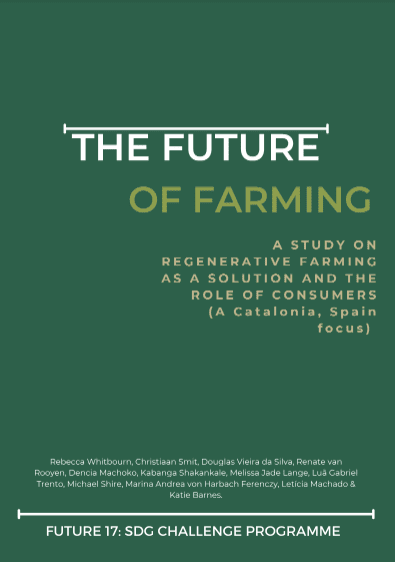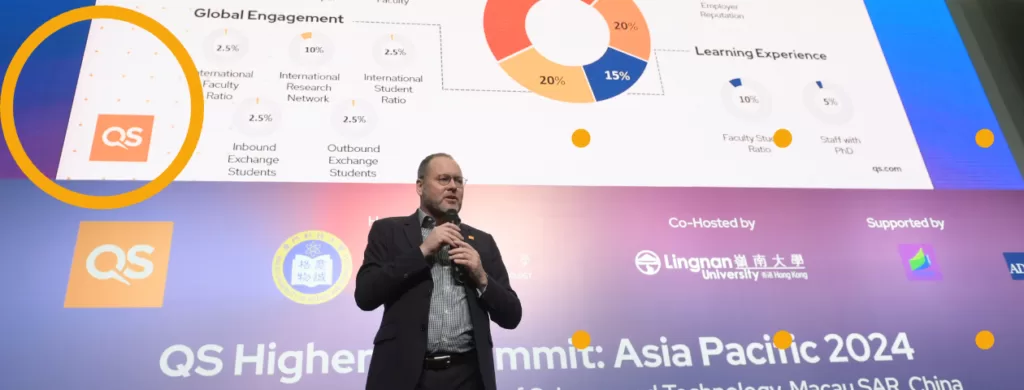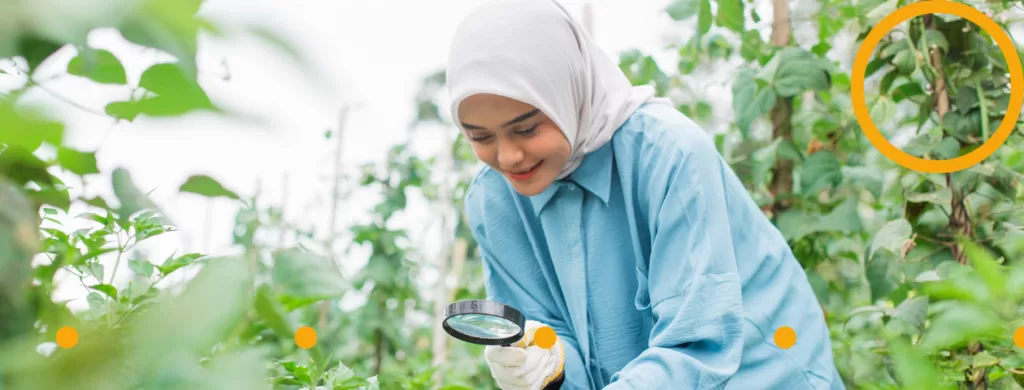
What is Future17?
Co-founded by QS and the University of Exeter, the Future17 programme is a first-of-its-kind global initiative that unites multinational organisations, a consortium of leading universities and teams of students to participate in projects that aim to advance the UN Sustainable Development Goals.
Teams consist of students from different backgrounds and multiple universities, and while they come from a vast variety of fields, they have one thing in common: a passion for sustainability and desire to make an impact.
Allocated Future17 academic mentors from the Consortia universities – who are also passionate about SDGs—are tasked with guiding student teams in their work on the projects. They are not necessarily environmentalists or have anything to do with sustainability in their professional life, but each one of them wants to make a difference, each one wants to help students be SDG-aware and better prepared for their professional careers, whichever sector they might want to join.
“Future17 is a clear manifestation of our ambitious 2030 Strategy,” says Professor Lisa Roberts, Vice-Chancellor and Chief Executive of the University of Exeter, “which at its heart a vision to use the power of education and research to create a more sustainable, healthier and socially-just future. The success of the pilot shows the appetite for this kind of collaboration among our students and staff, and we are proud to have led the initiative alongside QS and our global university partners.”
What are the Sustainable Development Goals?
The Sustainable Development Goals are a set of 17 goals that formed the heart of the 2030 Agenda for Sustainable Development, agreed by United Nations Member States in 2015.
With the world struggling under the weight of a rapidly growing global population, climate change and social inequality, the goals encourage UN members to take tangible steps to address the world’s most pressing issues.
What has Future17 achieved so far?
The inaugural Future17 initiative provided 126 students across four universities in 18 teams with academic and professional mentorship through sustainability-driven work experience.

One of the earliest projects brought together students from the University of Exeter, Stellenbosch University and the University of São Paulo, to work with The Green Rebel: a regenerative agroforestry farm in Spain aimed at fighting climate change, deforestation and declining biodiversity. The students involved conducted an in-depth study into regenerative farming and the role of consumers in its implementation.
Another successful Future17 project partnered students with the UN PRME Working Group to develop a guidebook for parents around advancing Sustainable Development Goal 13: Climate action. The guidebook explored how parents could raise their children in a climate changing era, as well as addressing their biggest concerns – all with the ultimate goal of making parents part of the solution.
Future17 now includes 12 partner universities including: Universities of Exeter, Stellenbosch, Sao Paolo, Aukland, Chinese University of Hong Kong, American University of Cairo, American University of Sharjah, Luiss, Arizona State, UCL, Tec De Monterrey, and the newest addition, Satbayev University in Kazakhstan.
The most recent term of Future17 united more than 200 students from these universities with 31 partner organisations, engaging in projects ranging from recycling tea waste into fabric dyes in Sri Lanka to sustainable cannabis growth in Canada.
How can your institution get involved with Future 17?
“Higher education in the 21st century must address the grand challenges that confront humanity,” says Provost Alan Chan from the Chinese University of Hong Kong (CUHK), early partners of the initiatives. “The Future 17 programme presents an excellent opportunity for students to work with an international team and organisations to solve real-life problems, through which, we hope they will not only gain valuable experience and acquire new skills, but also become future champions of sustainable development. CUHK is pleased to be a founding partner of this global initiative, which aligns with the goals of ‘CUHK 2025’, the University’s new strategic plan.”
Building on its success, QS and the University of Exeter plan to continue to scale up the programme. (New members must be approved by the current Consortia members with intakes in January or September.)
The latest member to join the Future17 initiative, as of January 2024 was Satbayev University in Kazakhstan. Its Rector, Meiram Begentayev said: “Joining the educational partnership of leading global universities and multinational companies expands the opportunities for consortium members to influence contemporary global challenges. The involvement of the student community enables the younger generation to shape their future today, participate in improving the well-being of Earth’s residents, and contribute to the protection of our planet.”
If your institution wishes to join the consortium of universities involved in Future17, or if you are an organisation wishing to offer SDGs-related projects to international teams of students, contact Zoya Zaitseva at [email protected].
“QS is delighted to have co-founded the Future17 global initiative and give students a once-in-a-lifetime experiential learning experience that is truly without borders” says QS founder, Nunzio Quacquarelli. “Bringing together students and companies from across the world under one banner with a united goal in a reciprocal exchange of skills and knowledge creates a wellspring of potential innovation for the future. Not only do the students develop cultural competencies, digital skills, collaborative working behaviours and critical problem solving that will prove invaluable to both themselves and employers, but they actively engage in building a sustainable future.”



